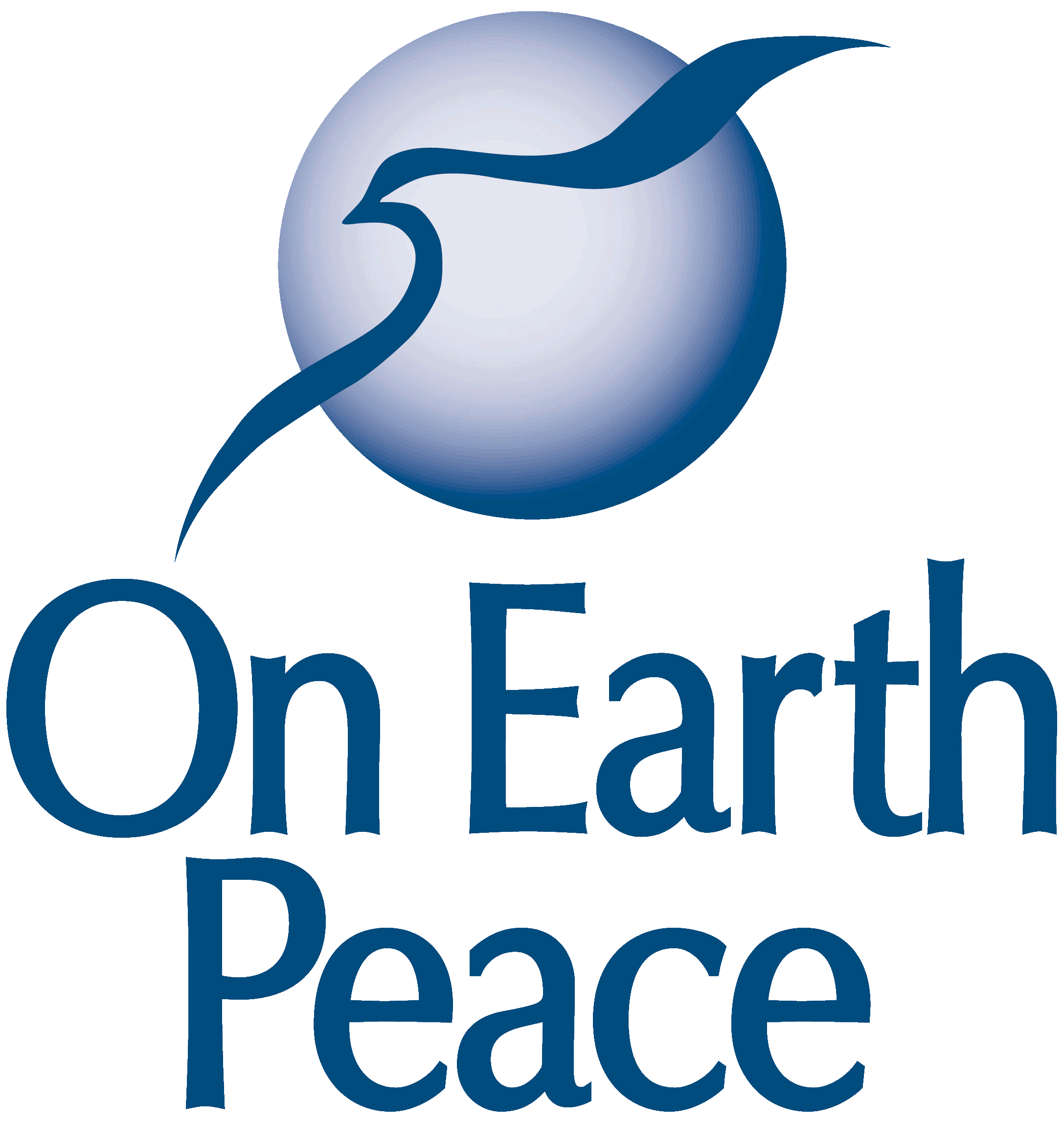Church of the Brethren
Study/Action Process (2022-2025)

Art: Devin Dixon-Rosario
The Southern Ohio & Kentucky District brought a query to the 2022 Annual Conference asking what it will take for the Church of the Brethren tradition and members to stand with people of color in practice. The 2022 Conference initiated what is now a three-year denomination-wide study/action process to help us address this question together.
SIGN UP HERE TO GET INVOLVED
Objectives
The Standing with People of Color Committee identified three objectives as part of this study/action process.
CONNECTION
People in the CoB Church of the Brethren tradition who are interested in and/or working for racial justice build sufficient connections to become a relational network. We want to build a network and get everyone connected in the church who is working on these issues.
EDUCATION
Study the teachings of Jesus and how they apply to our relationships, structures, and systems, to express solidarity with all people of color. Help provide some basic concepts and conversation prompts so we can talk about racism in the church; share some resources; support teams that want to do develop education and conversation in their own area.
Resources - places to start!
- One page with 3 resources - link to PDF
- 20+ pages of books, videos, websites, and more - link to PDF
ACTION
Address specific problems of racial injustice. Identify, amplify, and encourage the formation of action clusters or organizing initiatives on issues of racial justice/injustice. The focus is on naming specific practices, policies, or conditions and building efforts to change them. Initiatives will be at the denominational, regional, district, and local levels. Help lift up or form groups of people who can show us what it looks like to work on racism and nurture a truly Beloved Community today.
Crucial Christian Conversations: Standing with People of Color
A central part of our invitation to the church is to participate in conversations using seven discussion prompts. We are asking the entire Church of the Brethren to engage in conversations in various settings in the next year, using the questions below. We hope the church will share together around the family table, in Sunday School or other congregational settings, in districts, and in other Brethren agencies and venues.
Please print and use the linked handout which includes the 7 prompts as well as BELOVED conversation guidelines (here).
Discussion Prompts
- Share your family’s origin story. Go back as many generations as you know and start there. Briefly share some of your family history/tree up to your current family.
- Share a compelling memory of when you became aware of cultural, racial, or color differences.
- Share the message Jesus has for you or us about justice and racism. What does Jesus want you to hear or see? What does Jesus call you or us to do next?
- If you listen to Jesus’ call, what spiritual healing or personal growth might you have to do?
- If you are a white/dominant culture Brethren, how can you support/stand with people of color (POC)? If you are a POC, what does it mean for you to stand with other people of color?
- Imagine if things were different and there were more racial justice. What do you envision?
- What are you willing to sacrifice to achieve that goal?


